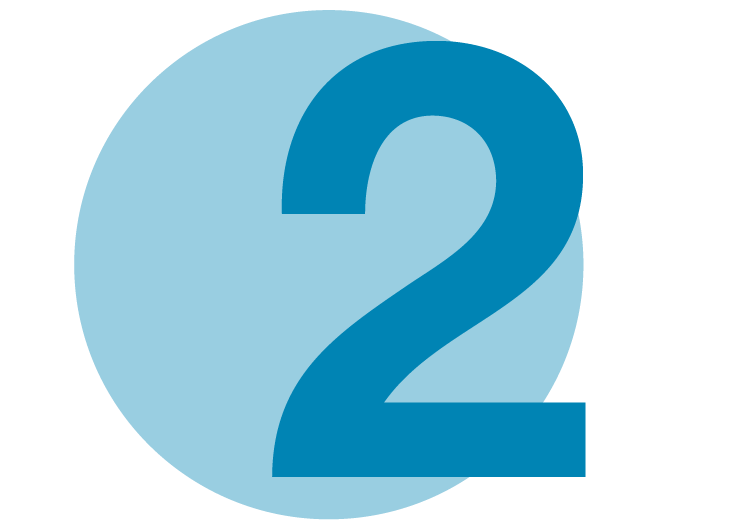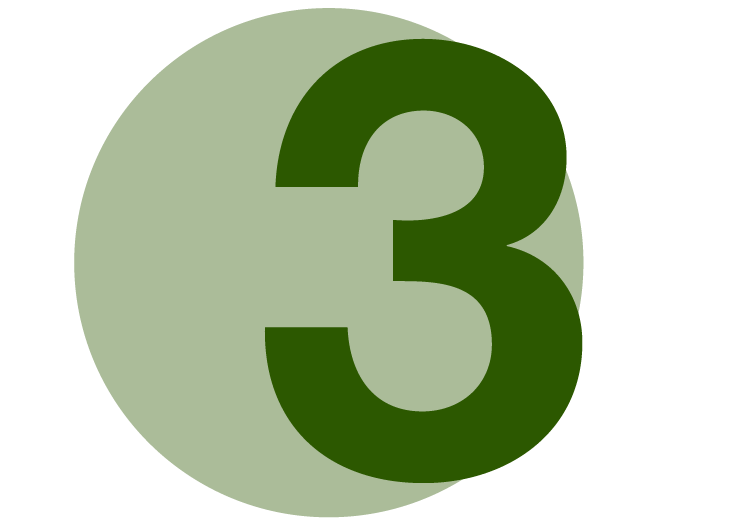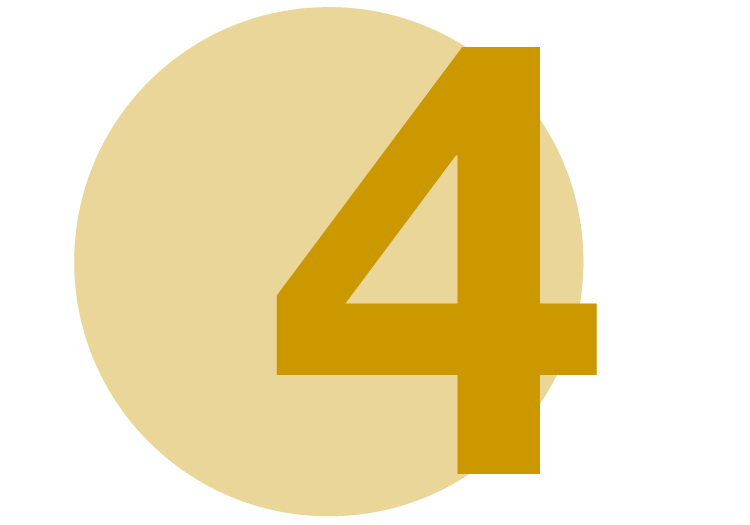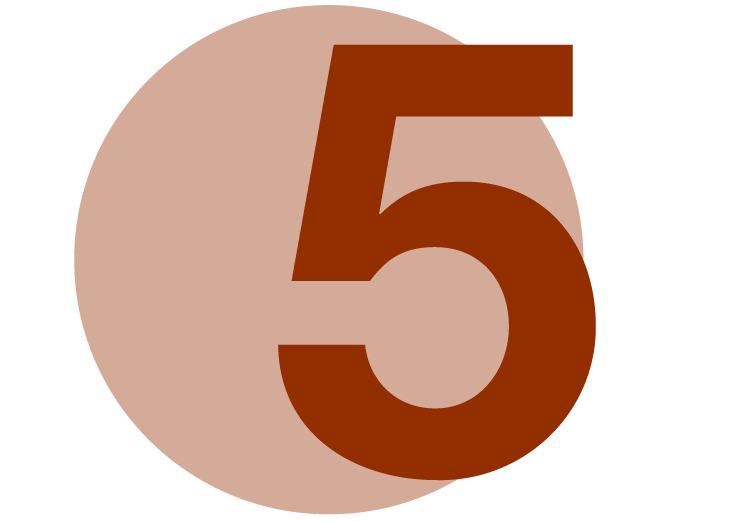Government mail service may be affected by the Canada Post labour disruption. Learn about how critical government mail will be handled.
Overview
Social studies is the study of history, geography, economics, civics and citizenship, and government and politics. Students explore important questions and actively engage with issues to understand lessons from the past and to become active and well-informed citizens in their communities. Students use a knowledge-based curriculum and combine social science methods, including research, source evaluation and evidence interpretation, to enhance understanding, draw conclusions and build robust critical-thinking skills.
Learn more (updated August 2025)
- How to use new LearnAlberta (video)
- Read the K to 6 curriculum and draft 7-9 curriculum on new LearnAlberta
- Download the K to 6 curriculum fact sheets
- Download the draft 7 to 9 curriculum fact sheet
K to 6 curriculum
7 to 9 curriculum
K-6 social studies previous and new curriculum comparison
The following table shows how elements in the previous K-6 social studies curriculum, published in 2005, compares to the new 2025 curriculum. The comparisons provide examples and do not represent all the changes that were made.
| Previous curriculum (2005) examples | New curriculum (2025) examples | |
|---|---|---|
| Disciplinary knowledge and skills consistently developed throughout all grades | History, geography, civics, economics, and other social studies-related disciplines are not addressed in each grade. | Content on history, geography, economics, politics and citizenship is present in every grade. |
| Content on citizenship in all grades to support civic engagement | The inclusion of civics varied by grade. | Citizenship is an organizing idea across all grades. |
| Respectful and authentic inclusion of First Nations, Métis and Inuit perspectives | Limited inclusion of authentic and respectful First Nations, Métis and Inuit perspectives in some grades. | First Nations, Métis and Inuit histories, contributions and perspectives are included authentically and respectfully. |
| Inclusion of pluralism and diverse perspectives | Opportunities to support pluralism and learn about diverse people and communities varied from grade to grade. | Pluralism is included in a way that allows students to explore the importance of cultural diversity in Canada in every grade. |
Grades 7 to 9 current and draft curriculum comparison
The following table shows how elements in the current 7-9 social studies curriculum, updated in 2005, compare to elements in the draft 7-9 social studies curriculum. The comparison provides examples and does not represent all the changes that were made.
| Current curriculum (2005) examples | New curriculum (2025) examples | |
|---|---|---|
| Disciplinary knowledge and skills consistently developed throughout all grades | History, geography, civics, economics and other social studies-related disciplines vary by grade. | Content on history, geography, economics, politics and citizenship is present in every grade. |
| Content on citizenship in all grades to support civic engagement | The inclusion of civics varies by grade. | Citizenship is an organizing idea across all grades. |
| Inclusion of pluralism and diverse perspectives | Opportunities to support pluralism and learn about diverse people and communities vary by grade. | Pluralism is included in a way that allows students to explore the importance of cultural diversity in Canada in every grade. |
Snapshot by grade
In social studies, students learn about geography, history, economics, politics and citizenship. The snapshots provide an overview of some of the content students explore in each grade.
- Learn more about critical thinking in the draft K to 6 social studies curriculum
- Final K–6 social studies curriculum was released in May 2025 with K-3 implementation beginning in September 2025.
- Draft 7 to 9 social studies curriculum was released in June 2025.
-
 Kindergarten
Kindergarten- places in communities
- cultures, traditions and histories
- needs and wants
- leaders in communities
- cooperation and collaboration in groups
-
 Grade 1
Grade 1- key physical features and landmarks of communities
- cultures of diverse communities, including First Nations, Métis, Inuit and francophone communities
- exchange of goods and services
- roles and responsibilities in groups
- supporting belonging
- Canada’s official symbols
-
 Grade 2
Grade 2- Canada’s physical regions and natural resources
- leaders in Canada, including the prime minister and the premiers
- traditions and heritages across Canada, including those of First Nations, Métis, Inuit, francophones and diverse communities
- ways trade and transportation support communities
- competencies for democratic discussion and decision making
-
 Grade 3
Grade 3- physical regions and political boundaries of Alberta
- First Nations and Métis contributions to Alberta
- francophone settlement and contributions to Alberta
- introduction to discrimination and racism in Alberta
- provincial and municipal governments
- Alberta’s official symbols
- Alberta’s natural resources
- charitable giving and volunteerism
-
 Grade 4
Grade 4- changes in power and influence in pre-Confederation Canada
- Jacques Cartier and early settlements
- Samuel de Champlain and the establishment of Quebec City and New France
- the Treaty of Paris and the transfer of Canada to the British
- the United Empire Loyalists
- the Rebellions of 1837, responsible government and Confederation
- the fur trade and Canada’s natural resources
- citizenship rights and responsibilities
-
 Grade 5
Grade 5- the rise and fall of ancient civilizations
- influence of the environment on ancient civilizations
- development of economic practices, including trade networks and taxes
- authoritarian governments and social systems
- legacies of ancient civilizations and empires
- informed citizenship
-
 Grade 6
Grade 6- principles of democracy
- ancient Athenian direct democracy
- Roman Republic representative democracy
- Haudenosaunee Confederacy decision making
- provincial and federal government in Canada
- the Canadian Charter of Rights and Freedoms
- formal and informal civic participation
- discrimination and racism
-
 Grade 7
Grade 7- expansion of the Dominion of Canada
- negotiations for Confederation
- Canadian Pacific Railway
- western settlement
- impacts of expansion for Métis and First Nations
- development of armed forces in Canada
- North-West Mounted Police, Royal Canadian Mounted Police
- early development of Canada’s military
- Canada’s role in the First World War
- economic development in Canada
- Sir John A. Macdonald’s National Policy
- regional economies
- banking
- development of political sovereignty in Canada
- democratic structures
- Canada’s foundational constitutional documents
- evolving rights and discrimination in Canada
- impacts of past legislation
- multiculturalism and pluralism
-
 Grade 8
Grade 8- foundations and influences of ideologies
- individualism and collectivism
- political spectrum
- Canadian political parties
- economic systems
- production, consumption and distribution of goods
- types of economic systems
- internal and external factors that impact economic systems
- political systems
- features of government structures
- democratic political systems
- party systems
- civic engagement
- democratic process
- examples of civic engagement
-
 Grade 9
Grade 9- Canadian urbanization and growth
- post-Second World War urbanization
- impacts of urbanization
- growth and transformation of industries
- Canadian collective security
- Canada’s role in the Second World War
- Canada’s participation in international affairs post-Second World War
- Canadian government policies
- challenges to national unity
- residential schools
- Canada’s political system
- federal electoral process
- Canada’s executive and legislative branches of government
- process of creating legislation
- areas of exclusive authority in Canada
- Canada’s justice system
- role of the judicial branch
- Youth Criminal Justice Act
- Canada’s mixed economy
- development and characteristics of Canada’s mixed economy
- trade agreements
- citizenship in Canada
- changes to legislation reflecting extended rights and citizenship in Canada
- Canadian immigration and multiculturalism
- changes to Canada’s constitution
- Canadian rights and responsibilities